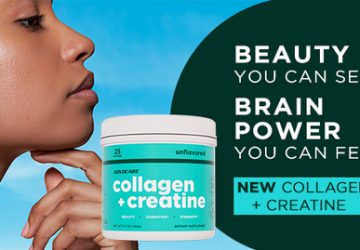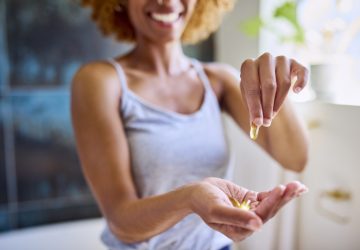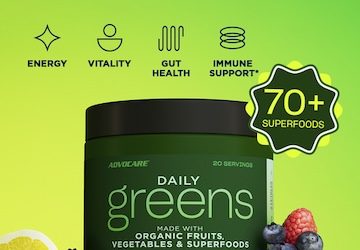The fitness lifestyle is becoming more and more competitive with each passing year. Athletes, weekend warriors and fitness fanatics are now obligated to look more closely into all aspects of sports performance in order to maintain a competitive edge. Hydration factors and education are important for all individuals to understand if they want to perform at their best on a consistent basis. Tweet This!
Individual hydration is dependent on a combination of factors, including the consumption of water, sodium, potassium, as well as chloride, in order to maintain an optimum hydration environment.
Water.
While water is responsible for regulating body temperature, it is also important for lubricating joints and transporting nutrients throughout your body. In order to maintain proper hydration, 2-3 mL per pound of water should be consumed prior to participating in a competition or sporting event. Additionally, 8 oz. of fluid should be consumed for every 15 minutes of exercise. Finally, 16-24 oz. of water should be consumed for every pound of weight lost from exercise.
Sodium.
Sodium is responsible to maintaining fluid balance in your cells, transmitting nerve impulses through the body and assists with the contraction and relaxation of muscles. While sodium is necessary for these functions, too much sodium can be detrimental to athletic performance. This is due to the fact that sodium causes water retention in tissues; making it difficult for adequate sweating and body cooling during athletic performance. The recommended daily intake is about ⅔ teaspoon.
Potassium.
Potassium has many roles in hydration, as well as your body’s overall function. It helps maintain pH balance and blood pressure, carries nutrients to cells and keeps blood from forming harmful clots. Additionally, it aids in fortifying your stomach lining against acid, plus promotes heart and bone health. The recommended intake for potassium is 4.7 grams per day.
Other factors contributing to individual hydration are age, weight, temperature, fitness level, and genes. Tweet This! These are all important factors in determining how quickly a person acclimatizes to an athletic environment (i.e. adapts sweat mechanisms to changes in temperature/humidity). An acclimatized athlete will sweat faster, and their sweat composition will contain less nutrients. While the amount of sweat differs from athlete to athlete, water loss can average up to two liters of water per hour with associated nutrient loss. It is important for athletes to understand that they must consume electrolytes along with the water they are drinking during athletic performance.
Electrolyte hydration mixtures are highly recommended. The typical medium used for electrolyte replacement are the various sports drinks. Tweet This! Sports drinks typically contain a four to eight percent concentration of carbohydrates using a combination of sugars thought to benefit athletes during performance by maintaining glucose levels and avoiding use of liver glycogen for energy.
However, more studies are showing that athletes are unlikely to benefit from supplementation if exercise occurs for less than 60 minutes. The typical 20 oz. bottle energy drink typically contains more than the daily amount of recommended sugars. Additional calories ingested from sports drinks in these situations can lead to unwarranted weight gain and gastric distress from calorie overload. Tweet This!
Signs and symptoms include performance factors such as fatigue, decreased coordination and muscle cramps, as well as physiological symptoms that include bad breath, dry skin, headaches and increases in core temperature. Tweet This! Prolonged increases in core temperature above 103°F can lead to heat stroke and death. Athletes should know the symptoms well and be able to test their own hydration levels in order to maintain adequate hydration levels. Tweet This!
The best way to monitor hydration is to do a urine check. An adequately hydrated athlete will produce clear, champagne or light-yellow colored urine. Anything darker and you are in a state of dehydration. It is important to keep yourself, as well as your teammates accountable of their hydration in order to be at your best.





